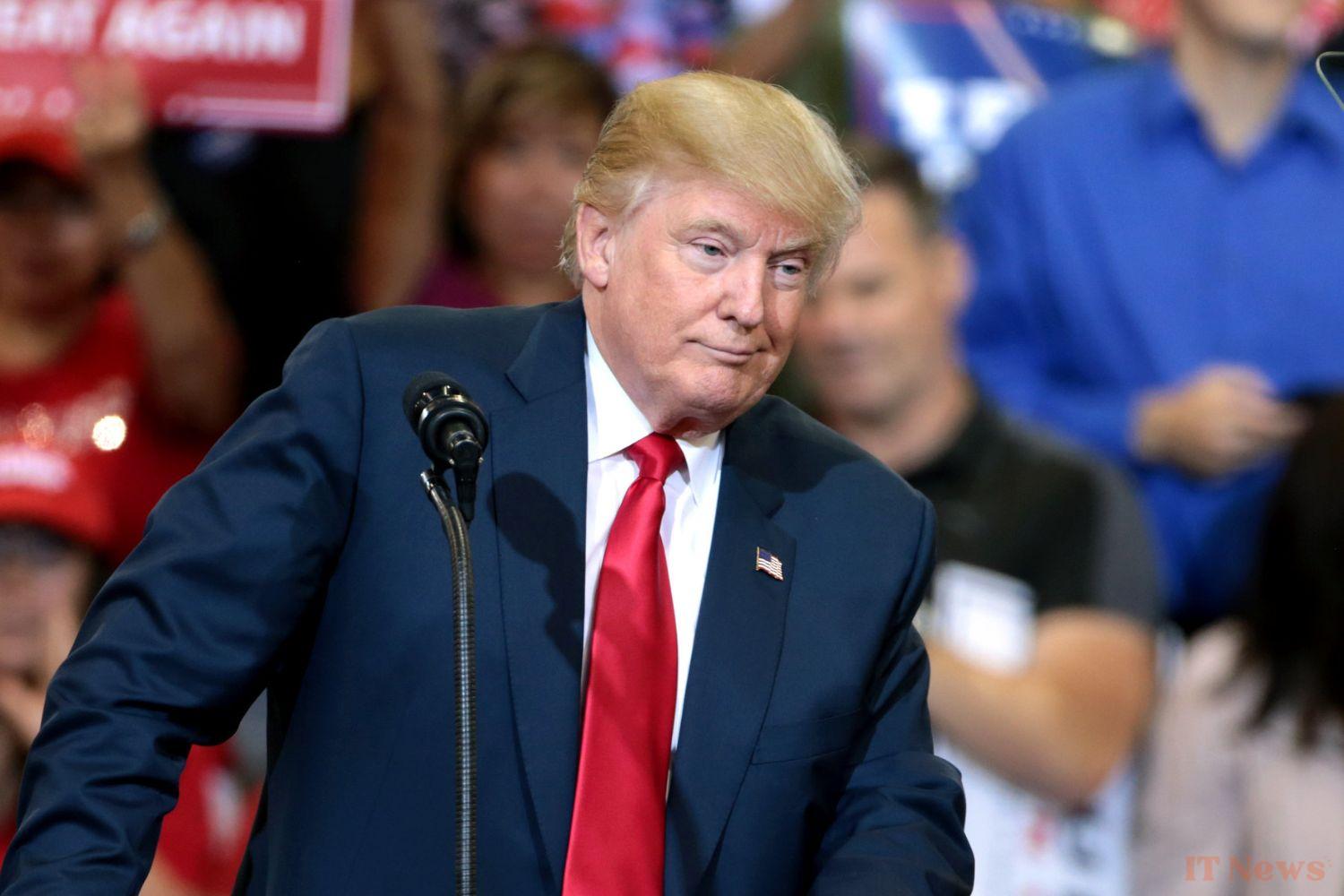Is the Gafa tax, the tax applied in Europe on digital services, doomed to disappear under pressure from Donald Trump and his customs duties? While in France, the option does not seem to be considered, in the United Kingdom, it is the same. Interviewed by the BBC on Sunday, March 23, Rachel Reeves, the Minister of Finance, confirmed that the local tax, which brings in nearly 800 million pounds (approximately 957 million euros) each year, was indeed part of the ongoing discussions.
The country, like the European Union, is negotiating to avoid additional American customs duties, which are expected to be announced on April 2, according to a timing given by Donald Trump. For the American president, the threat of these taxes will encourage companies to relocate their factories to the country, and force them to source from American suppliers.
"A tax gift to Elon Musk, Zuckerberg and other American tech barons"
However, the British Gafa tax could be exchanged for the absence of an increase in customs duties, our colleagues across the Channel believe. For the British minister, it is necessary to "find the right balance (...). We want to make progress. "We don't want British exporters to be subject to higher tariffs," she told the BBC. Since 2020, this 2% tax has applied to digital companies with a global turnover of more than 500 million pounds (600 million euros), including 25 million pounds (30 million euros) in the United Kingdom. In the country, this hypothesis has put politicians on edge, especially as the government plans to cut social spending – including the elimination of five billion pounds (6 billion euros) of disability benefits by 2030. "If the government is seriously considering implementing drastic cuts that will affect disabled people while giving a tax break to Elon Musk, Zuckerberg and other American tech barons, then the Labour government is really in danger of losing its moral compass," British MP Daisy Cooper (Liberal Democrats) told our colleagues. In France, the Gafa tax, which is imposed on Google, Amazon, Meta (the parent company of WhatsApp, Facebook and Instagram) and Apple, was created in July 2019, in particular because the digital giants escaped corporate tax in France, as their profits are declared outside France. This tax, which was supposed to be valid until it is harmonized internationally, under the aegis of the OECD, is still ongoing. The OECD has never reached a consensus on the subject. In 2024, the French Gafa tax brought in €756 million for the State. Other taxes, which help finance French creation, are also imposed on Netflix and YouTube in the country. All of these taxes are in the Trump administration's sights: in mid-February, Washington announced in a memorandum that "only America should be authorized to tax American firms." However, "trading partners are subjecting American companies to something called a 'digital services tax'," it is deplored – like France. Laws that "limit cross-border data flows, require American broadcast services (...) to finance local productions, and impose network usage fees" are "designed to plunder American companies," the US administration believes. As soon as a foreign government "imposes a fine, penalty, tax, or other charge that is discriminatory, disproportionate, or designed to transfer significant funds or intellectual property from American companies to the foreign government or domestic entities favored by the foreign government," the US administration will impose customs duties. Or take any other action to repair the harm and imbalance, it warned. In return, Paris's response was swift: "We are maintaining the tax; it is French law. "We'll see if this turns into another kind of conflict with the United States - I hope it doesn't," Economy Minister Éric Lombard replied in mid-February, when interviewed by Les Échos. Source: BBC In France, the Gafa tax is also in Donald Trump's sights



0 Comments